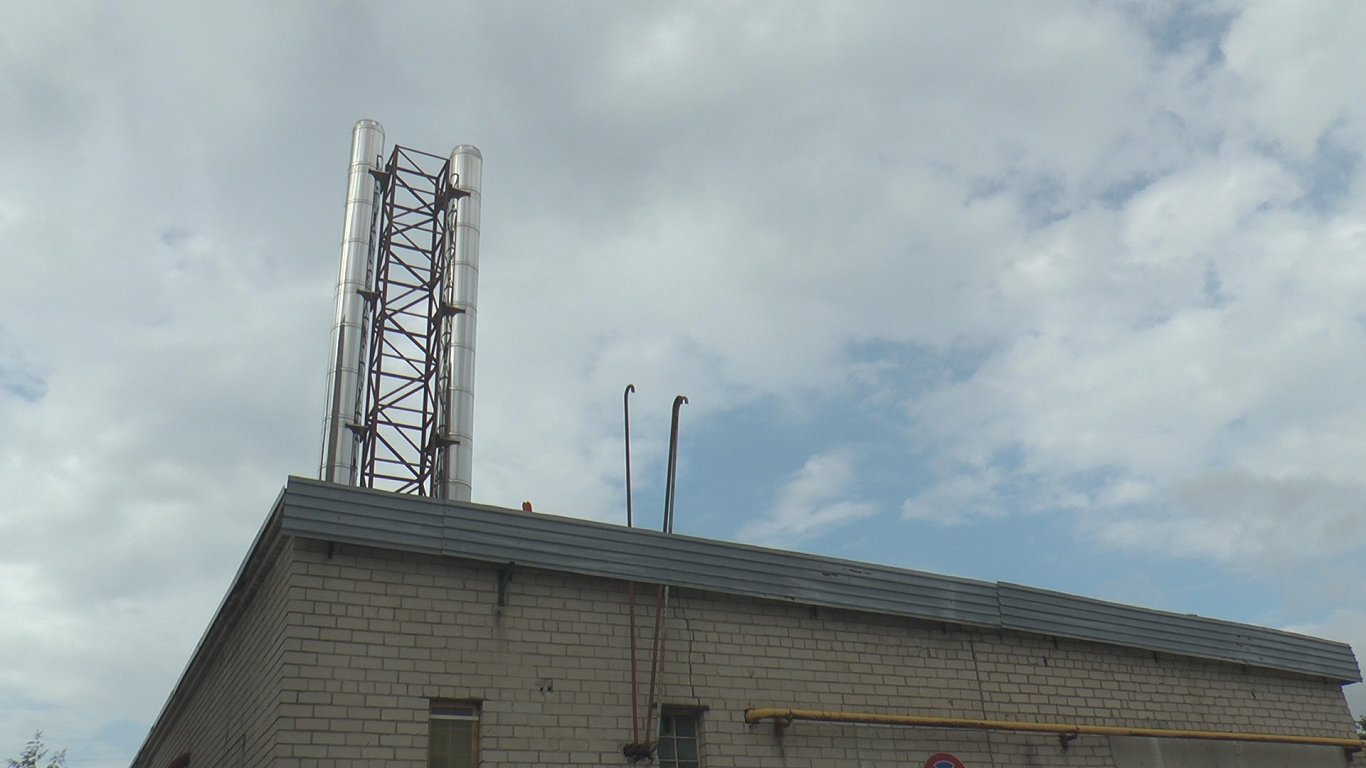The municipal company “Riga House Manager” (Rīgas namu pārvaldnieks, RNP) maintains almost 4,000 buildings in Riga, mainly multi-apartment buildings. Company spokesman Krists Leiškalns said the discipline of paying utility bills has been improving over the past two years. More than 80% of residents pay bills in time, 10% are delayed, and 10% are in debt. As of September 1, the company will not impose a penalty on its customers for late payments.
“The important thing is that this decision is synchronous with both [the water and heat suppliers], which is an essential part of the overall bill. By analyzing the previous period when these penalties were not in force, then we see people continuing to meet their obligations and paying for the services they received. This means that apparently if there are funds, they will settle in full for the services they have received,” the RNP representative said.
Few apartment houses have been renovated in Riga, slightly over 10, and also out of 140 buildings that have applied for renovation, half have abandoned the plan.
Andris Kabraks, Chairman of the Board of Valmiera house manager, said the company operates 143 multi-apartment buildings, 50 of which have been insulated, which means that heating bills will be smaller. The company will not offer any discounts to all customers, each problem case will be assessed individually. If an agreement is reached with the customer, penalties will not be applied.
Residents' debts typically rise in the winter but fall in the summer. In Daugavpils, the difficulty of paying utility bills is for 10-20% of the population, but this summer the residents could also prepay their bills. Daugavpils apartment and utility company spokeswoman Nataļja Rustkova said the company is managing around 800 homes.
"Well, of course, we think debt will rise further due to the start of the heating season by 20% certainly. Of course, they have the right to turn to the social service for benefits or to draw up a debt-cancellation schedule," Rustkova said.
Valdis Vītoliņš, board member of the Latvian Heating Companies Association, said that during the pandemic debts to heat suppliers have not increased, but now there are two important risk factors – the fact that some companies can cease or limit their activities, and high energy prices. But the government's decision this week to allocate additional funds to support district heating will improve the situation, said Vītoliņš.
Utility companies await the winter with concern, because, despite state aid, the bills will nevertheless be well higher than a year earlier, with the number of debtors likely to increase.





























